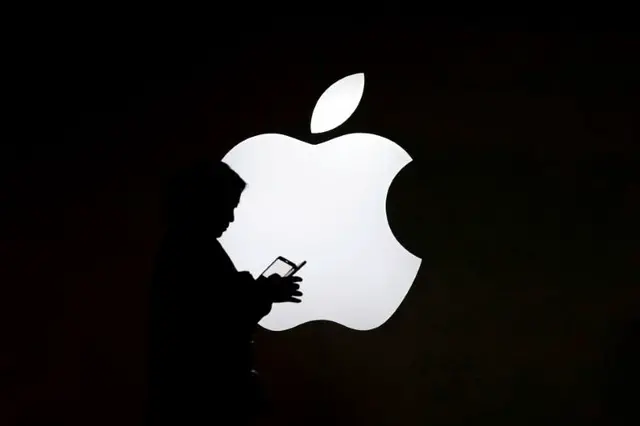U.S. Defense Secretary Chuck Hagel called his Israeli counterpart Moshe Yaalon on Monday to discuss security issues of mutual concern, reaffirming Washington's commitment to preventing Iran from obtaining a nuclear weapon.
The two defense leaders discussed Hagel's recent trip to the Gulf region and his Dec. 7 remarks at the Manama Dialogue in Bahrain, Assistant Pentagon Press Secretary Carl Woog said in a statement.
"Secretary Hagel underscored the United States' commitment to preventing Iran from acquiring a nuclear weapon," Woog said. "They also discussed the situation in Syria, including the international community's efforts to eliminate Syria's chemical weapons program."
Hagel and Yaalon pledged to continue to stay in close touch on these and other priority regional issues, and reaffirmed the unprecedented strength of the U.S.-Israel defense relationship, Woog said.
Today's phone call, held after the fourth meeting between Hagel and Yaalon at the Halifax International Security Forum last month in Canada, was part of the two allies' continued close consultations on shared regional security challenges and bilateral defense cooperation.
Last week, U.S. National Security Advisor Susan Rice hosted at the White House a meeting with her Israeli counterpart Yossi Cohen, during which they discussed the latest efforts to pursue a lasting and comprehensive settlement of Iran's nuclear program, the White House said in a statement on Sunday.
The U.S. side also reaffirmed President Barack Obama's goal of preventing Iran from obtaining a nuclear weapon, it added.
After intensive negotiations, the P5+1 group, the five UN Security Council permanent members Britain, China, France, Russia and the United States plus Germany, clinched with Iran in Geneva in late November a preliminary agreement on resolving the dispute over Tehran's nuclear program.
Iran agreed to halt some nuclear activities and allow more international inspections in exchange for easing some of the U.S.-led crippling economic sanctions.
But Israel remains deeply suspicious of the deal, describing it as a plot by Tehran to rid itself of the economic sanctions without completely giving up its nuclear ambitions. Israeli hardline Prime Minister Benjamin Netanyahu called it a "historical mistake," warning that loosening the screws on Tehran in exchange for what he billed as minor concessions endangers Israel and other nations in the region.
The U.S. government has been trying hard to persuade Israel to give the U.S.-led diplomacy on resolving the Iranian nuclear crisis a chance, by reassuring it that its concerns about Iran's nuclear ambitions will be taken care of in future talks with Iran.
 简体中文
简体中文





